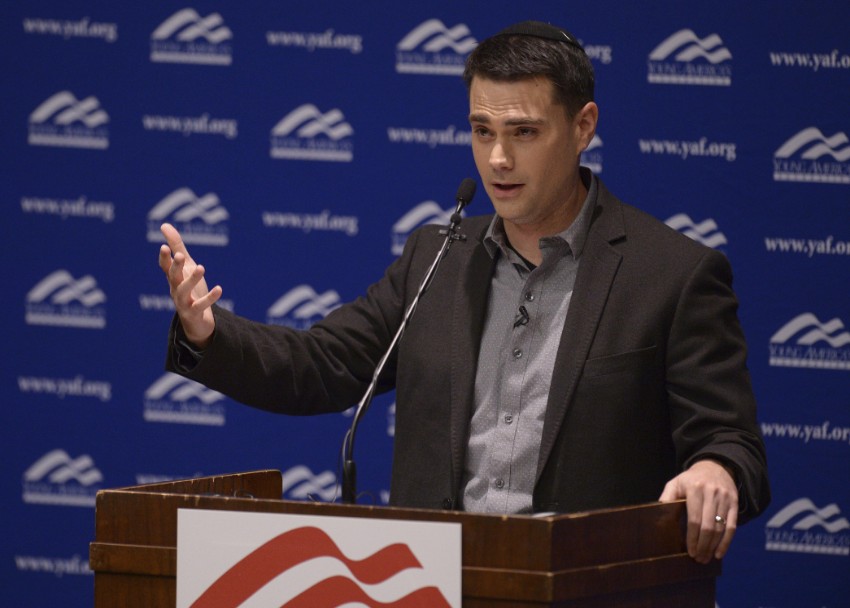Just (Don’t?) Do It
Don’t have an opinion.
Seriously, don’t do it. I don’t mean refrain from sharing your opinion in a social setting for fear of backlash. And I also don’t mean that you shouldn’t talk about your feelings on an issue if its not relevant to a discussion at hand. I mean literally, don’t have an opinion.
More than a month ago now, the (some would say infamous) conservative speaker Ben Shapiro came to my own George Washington University. Many students attended the event, including many who vehemently disagreed with Shapiro on a wide range of issues.
Indeed, much can be said of Shapiro’s politics, but today, that is not what will be done here. Instead, we are going to put Shapiro’s political views aside, and look at another common criticism of Shapiro, one which I wholeheartedly agree with: his lack of expertise.
The line of thought goes as follows: Ben Shapiro, at age 35 and with a career based largely on political writing, frequently speaks at universities across the United States about every political topic under the sun, on most of which he does not have specific expertise.
It is easy to criticize Shapiro on these grounds. After all, when a university invites a healthcare professional to speak, they talk about healthcare. When a defense expert comes to campus, they speak about defense. You get the point.
Yet Ben Shapiro’s basis for success is sharing his personal opinions on all of these topics, based on his personal research, and arguing for them on college campuses and in the public square. Simply put, this critique goes, Shapiro has an opinion just for the sake of having an opinion, and makes a living arguing for it.
But Wait!
However, rarely do we ask ourselves, don’t we all do this at times? Especially on a college campus, I understand why this would be the case.
There is glamour in having an opinion. It can be a thrill - to have a “position”, to share and defend it in a public setting, and to articulate it in a way you feel is best.
The problem, however, is that while we all can have feelings about many issues, it is impossible to truly research and develop a well-thought out opinion on all of them. Furthermore, we are human, and the extent to which we care about one issue over another can vary greatly.
There is nothing wrong with any of this. However, what if we are put on the spot? What if there’s a discussion on a topic where we don’t know how we feel, or simply have not given it much thought? But, if we are asked exactly those questions, it is likely that we’d feel compelled to say something, to take some sort of a position.
Or Not...
“I don’t know.”
Three simple words that we are sometimes so scared to say. But not at all scared to feel.
It is often considered a sign of strength to have an opinion and share it. But it takes just as much strength, if not more, to admit publicly that you don’t have one, and to be comfortable with this fact. You’d be surprised at just how many people feel the same way about so many other issues.
Of course, none of this means not caring about an issue. This is another fallacy that I seek to dismantle here: not having an opinion on an issue is not the same as not caring about it.
If anything, it can mean the opposite.
It can mean that you are so open to learning about an issue, so intent on exploring its many facets, that you are willing to admit your own lack of knowledge, willing to admit that you’re human, willing to say “I don’t know.”
Socrates put it best: “The only true wisdom is in knowing you know nothing.”
Sometimes it’s necessary to admit that which most people won’t, to attain a level of respect which most people can’t.
